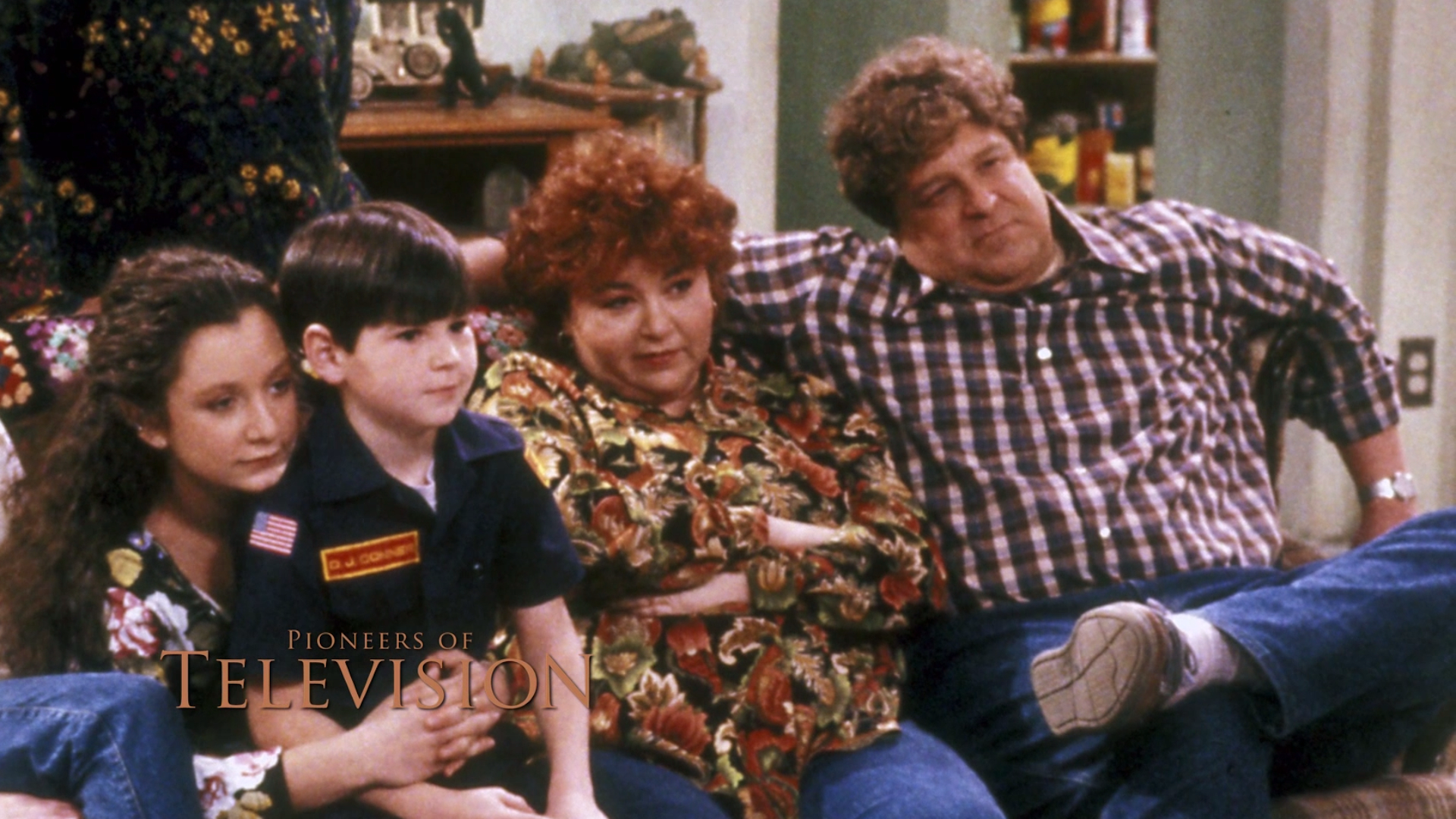
Introduction: In the world of television sitcoms, there are few shows that have had the lasting impact of Roseanne. Premiering in 1988, the series captivated audiences with its bold portrayal of working-class America, its witty humor, and its unapologetically real characters. Even decades after its original run, Roseanne remains a cultural touchstone that resonates with fans both old and new. So, what makes this show so special, and why does it still hold a special place in our hearts? Let’s take a closer look at why Roseanne continues to be one of the most groundbreaking sitcoms in TV history.
A New Kind of Family on TV
Before Roseanne, most sitcoms were centered around idealized, upper-middle-class families living in picture-perfect suburban homes. But Roseanne was different. The show introduced the Conners, a working-class family from Lanford, Illinois, who didn’t have it all together. They faced financial struggles, complicated relationships, and everyday challenges that viewers could relate to. The Conners weren’t your typical TV family—they were messy, flawed, and real.
What set Roseanne apart was its refusal to sugarcoat the harsh realities of life. Roseanne Conner, the matriarch of the family, was not a saint. She didn’t have perfect hair, a perfect marriage, or a perfect life. Instead, she was a strong, hilarious, and sometimes abrasive woman who tried her best to keep her family afloat. Her character became a symbol of resilience for women everywhere, making Roseanne a revolutionary show for its time.
The Bold Topics That Defined the Show
Roseanne wasn’t afraid to tackle tough subjects that many sitcoms had previously avoided. From financial instability to mental health issues, the show took on topics that were both timely and ahead of its time. The episodes covered everything from substance abuse, sexual orientation, and teenage rebellion, to issues like divorce and body image. By doing so, Roseanne pushed the boundaries of what was considered acceptable on television in the late 80s and early 90s.
One of the most significant moments in the show’s history was its portrayal of Roseanne’s character coming out as a feminist. In a groundbreaking episode, Roseanne’s feminist stance made a statement that resonated with viewers everywhere. At a time when gender roles were firmly entrenched in popular culture, the show’s open and honest discussion about feminism was truly groundbreaking.
A Character-Driven Comedy Like No Other
What truly elevated Roseanne to legendary status was its exceptional cast of characters. Roseanne herself, played by the incomparable Roseanne Barr, was a complex and multi-dimensional protagonist. She was both fiercely independent and incredibly vulnerable, making her one of the most authentic female characters on television at the time.
The show also boasted an equally strong supporting cast, including John Goodman as the lovable yet flawed Dan Conner, Sara Gilbert as the smart and rebellious Darlene, and Laurie Metcalf as the quirky and endearing Jackie. These characters’ interactions were what made the show so memorable. Every member of the Conner family felt like someone you knew, making it easy to root for them, laugh with them, and cry with them.
The Show’s Enduring Legacy
While Roseanne eventually ended its original run in 1997, its influence can still be seen in today’s TV landscape. The revival of the show in 2018 was a testament to the fact that Roseanne still had an audience and still mattered. The revival didn’t shy away from addressing modern-day issues, from political divisions to the changing dynamics of American families. This brought the show full circle, offering both nostalgic fans and new viewers a fresh perspective on the Conners’ lives.
Moreover, Roseanne set the stage for a new era of television where unconventional families could take center stage. The success of the show paved the way for other groundbreaking sitcoms, such as The Middle, Superstore, and This Is Us, which similarly focus on real-life struggles and diverse family structures.
Conclusion: A Show That Changed TV Forever
When we look back at Roseanne, it’s clear that its impact goes far beyond just being a sitcom. The show didn’t just make us laugh—it made us think. It challenged stereotypes, sparked conversations, and made audiences feel seen. Whether you’re a longtime fan of the show or just discovering the Conner family for the first time, Roseanne remains a pop culture gem that has stood the test of time.
